Section: Media
There are more than 200 results, only the first 200 are displayed here.
-
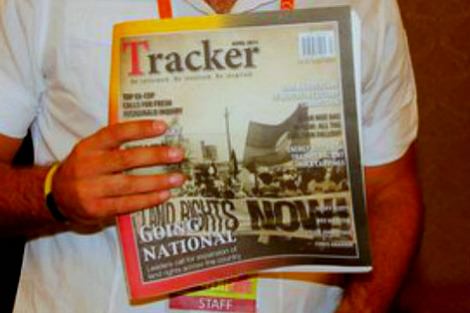
MEDIA
- Celeste Liddle
- 27 September 2016
8 Comments
When I started my blog Rantings of an Aboriginal Feminist four years ago, the major motivation was that I wanted to claim some space in the worldwide web for Aboriginal feminist left-wing discourse. I strongly felt that the mainstream media continued to ignore these types of opinions and, thanks to the internet providing public and freely available space, for the first time ever there was the ability to circumnavigate these traditional channels of communication. I believed no one would read it.
READ MORE 
-

MEDIA
- Binoy Kampmark
- 22 September 2016
9 Comments
The relationship between the whistleblower and journalism has not always been a neat one. The tendency for symbiosis to become positively vengeful is evidenced in the Washington Post stance on Edward Snowden's whistleblowing activities. Having scooped up a Pulitzer working on the Snowden findings, the paper got nasty. There was little need for the paper to wade into these waters, but the editors obviously felt so strongly about Snowden it went for the jugular with seething conviction.
READ MORE 
-
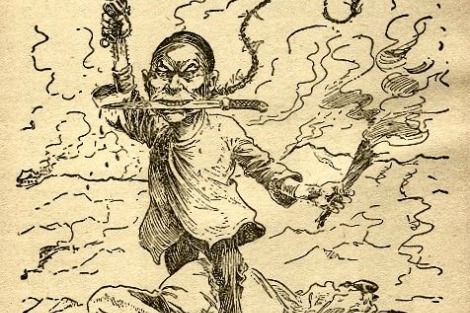
MEDIA
- Jarni Blakkarly
- 07 September 2016
2 Comments
China is out to undermine every aspect of the Australian way of life, from our Census to the integrity of our democracy. Any day now the red flag of the Communist Party will be flying over Parliament House in Canberra ... Or so, you'd be forgiven for believing. Chinese fear-mongering has hit a fever-pitch in Australia's media in recent months and the lines between genuine concern and sensationalism is becoming increasingly blurred. How can we make sure journalism keeps level-headed and fair?
READ MORE 
-

MEDIA
- Catherine Marshall
- 29 July 2016
2 Comments
Though the internet has stretched and expanded the number of people and places we have access to, it has also constrained the range of ideas and opinions to which we're exposed. Research has found that Facebook users tend to read and share information that reinforces their own beliefs. This phenomenon has been particularly noticeable in the past month, with the emotion whipped up by the Brexit campaign, the election, and a spate of shocking, apparently Isis-related killings.
READ MORE 
-
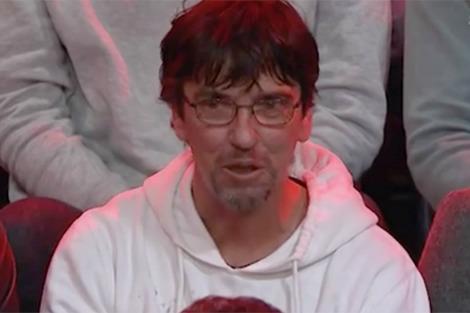
MEDIA
To put it bluntly, this is the point at which the free speech argument, like the Ouroboros serpent of ancient myth, eats its own tail. While the newspapers claimed that they were exercising their rights to free speech in their daily articles against Storrar, the effect of their dragging his name and life through the mud was undoubtedly that any other member of the public who dared ask awkward questions of their rulers would think again.
READ MORE 
-
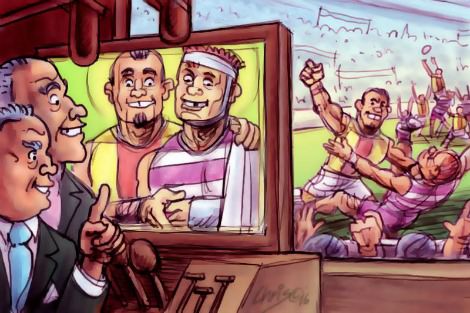
MEDIA
- Garry Westmore
- 02 May 2016
4 Comments
Arguably, as a society, Australia's tolerance for violence is waning, and both the AFL and the NRL have been proactive in diminishing the prevalence of deliberate and reckless violence that might endanger players' safety. Unfortunately, despite the AFL's desire to stamp out the more dangerous incidents, many televised football commentators are hindering the cause by making excuses for players, playing down the severity of their actions, and failing to condemn them.
READ MORE 
-

MEDIA
There have been attempts by some in the media to mount a moral justification of 60 Minutes' actions. At least they were trying to do the right thing, by helping a mother who would not have been denied custody in Australia But that opens another slimy can of worms. Do we think 60 Minutes would fund a child abduction in Australia, rather than a Muslim country with religious courts, however much the parent they were purporting to help might seem to have been denied custody unfairly?
READ MORE 
-
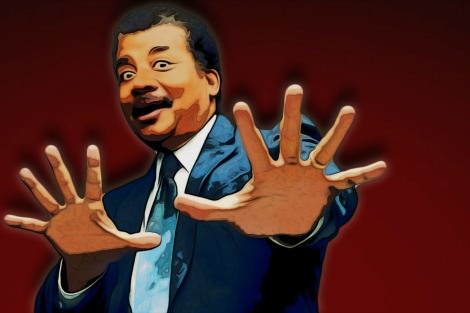
MEDIA
- Ketan Joshi
- 06 April 2016
7 Comments
When Alan Alda was 11, he threw a simple inquiry to his teacher. What's a flame? The response he received was less than satisfying. 'All I heard from the teacher was "it's oxidation". That didn't explain anything to me.' It's a neat illustration of a modern problem. Merely presenting over-simplified factoids is no longer sufficient in a world filled with phenomena like climate denial and the anti-vaccination lobby. For science to be communicated effectively, it needs to spark passion and excitement.
READ MORE 
-
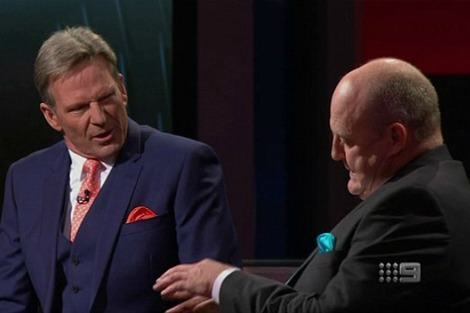
MEDIA
- Tim Kroenert
- 17 March 2016
7 Comments
It's time someone called out this whole Billy Brownless/Garry Lyon saga for what it is. These former AFL footballers and sports media colleagues have fallen out over the past few months, over a reported affair between Lyon and Brownless' ex-wife, Nicky. This is not merely a salacious non-story. It is the nadir of a grubby grain of sports journalism that serves as the mouthpiece for an industry that has a long way to go before it leaves accusations of racism, homophobia and misogyny in its wake.
READ MORE 
-
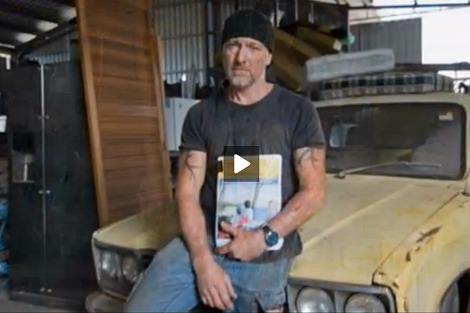
MEDIA
- David James
- 16 March 2016
7 Comments
Most spin doctors are either former journalists, who have personal experience in how the industry works. If a story appears in the media, it is more often than not because some spin merchants want it to be there. Happily, there are exceptions. Gold Walkley winner Adele Ferguson did a brilliant exposé of the insurance industry that was definitely not on any spin doctor's agenda. Indeed it was a demonstration that spin has its limitations if the journalist is skilled enough to get beyond the wall.
READ MORE 
-
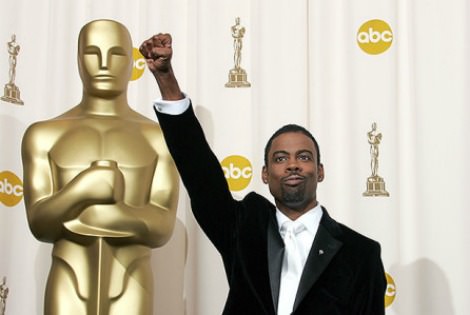
MEDIA
- Catherine Marshall
- 03 March 2016
7 Comments
Chris Rock's hosting of the Academy Awards was a win-win culmination of the #OscarsSoWhite campaign in which no actual person had to take the blame. Instead, a faceless institution named 'Hollywood' was rapped over the knuckles for its racism while the flesh-and-blood white faces that represented it could get on with the business of congratulating themselves. While all this mollification was going on, there was another, gargantuan prejudice saturating the air these celebrities were breathing.
READ MORE 
-
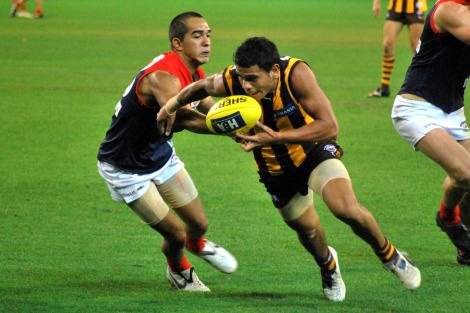
MEDIA
- Erin Riley
- 29 February 2016
16 Comments
Sports journalists shape narratives. There is drama intrinsic to sport, but the sports journalist draws it out, identifying heroes and villains, and slotting each performance into a broader arc. The power to influence the way the public understands a game or player ought to be wielded carefully. Too often, it is not. This is best demonstrated by the ways in which commentators and journalists speak about Indigenous athletes. A simple superlative can be loaded with more than a century of cultural baggage.
READ MORE 